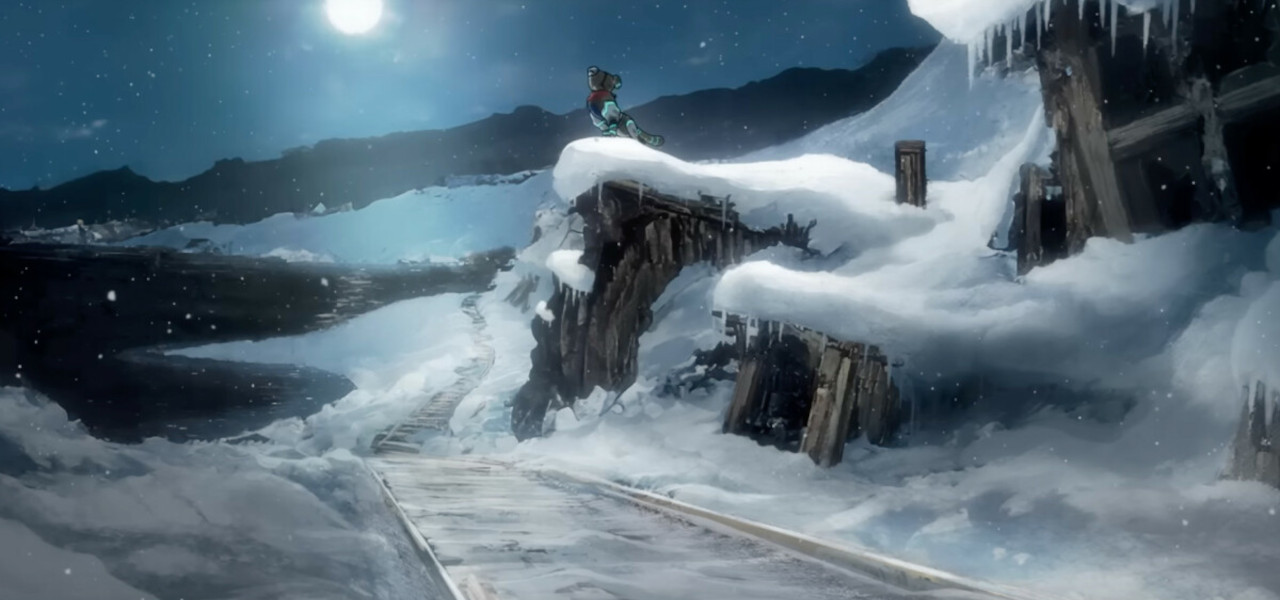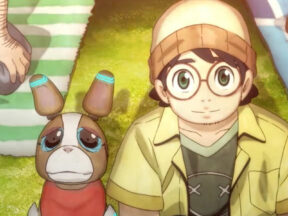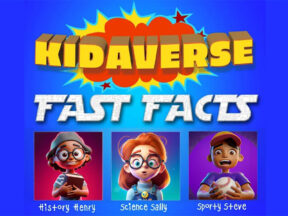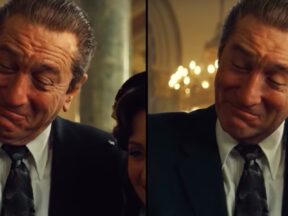

Animation Guild Parent Org IATSE Launches Commission To Guide Union’s Approach To Artificial Intelligence
Under the fog of a WGA writers’ strike and pervading concerns about how artificial intelligence will impact the screen industries, IATSE, the parent org of The Animation Guild, has created a new commission on artificial intelligence to establish how the organization will approach the “challenges and opportunities presented by the advent of artificial intelligence (AI) in the entertainment industry.”
Who is on the commission? IATSE has brought together union members, representatives, and external experts from academia and the tech industry.
When will they start? The group will begin immediately and prepare a report of its findings and recommendations which will be presented at the 2023 Midsummer meeting of IATSE’s General Executive Board, held in late July.
How will the commission function? The group will execute a comprehensive study of AI technologies, focusing closely on how they will impact entertainment industry jobs under IATSE’s jurisdiction. The group will also __ how contract provisions, legislation, and training programs can be adapted to ensure that the benefits of AI are shared equally by all those impacted by its implementation.
How has artificial intelligence impacted the industry already? AI is currently being used in numerous ways across the industry. Several recent examples include Netflix using image-generating software for backgrounds in the animated short Dog and Boy; Genius Brands announcing a children’s series that used ChatGPT for its scripts and other AI software for images, voices, and animation; and ILM using machine learning to de-age Robert De Niro and Al Pacino in Martin Scorsese’s The Irishman. There are, undoubtedly, countless other examples, many of which haven’t been shared publicly.
How does this relate to the writers’ strike? AI is one of the main issues being addressed in negotiations between the WGA and AMPTP. The WGA has said that under any new contract, AI should not be allowed to write or rewrite “literary material” and that it can’t be used as original work which human writers must adapt. This is a big deal because many writers are concerned that studios will use AI to solicit basic stories and screenplays and turn writing into low-paid gig work in which humans are brought in to edit the AI-generated content.
What does it mean for the animation industry? The same concerns being raised by the WGA can very easily be extrapolated to the animation industry. It’s not hard to imagine a future where artists are hired on a freelance basis to simply clean up after a sloppy AI.
What are they saying? IATSE International President Matthew Loeb said in a release: “As AI continues to evolve and proliferate, it is critical that our union is at the forefront of understanding its impact on our members and industry. Just as when silent films became talkies and as the big screen went from black-and-white to full color, the IATSE Commission on Artificial Intelligence is part of our commitment to embracing new technologies. We will work to equip our members with the skills to navigate this technological advancement, and to ensure that the transition into this new era prioritizes the interests and well-being of our members and all entertainment workers.”
Pictured at top: Background art from the Netflix short Boy and Dog, created with the aid of image-generating software.

.png)


